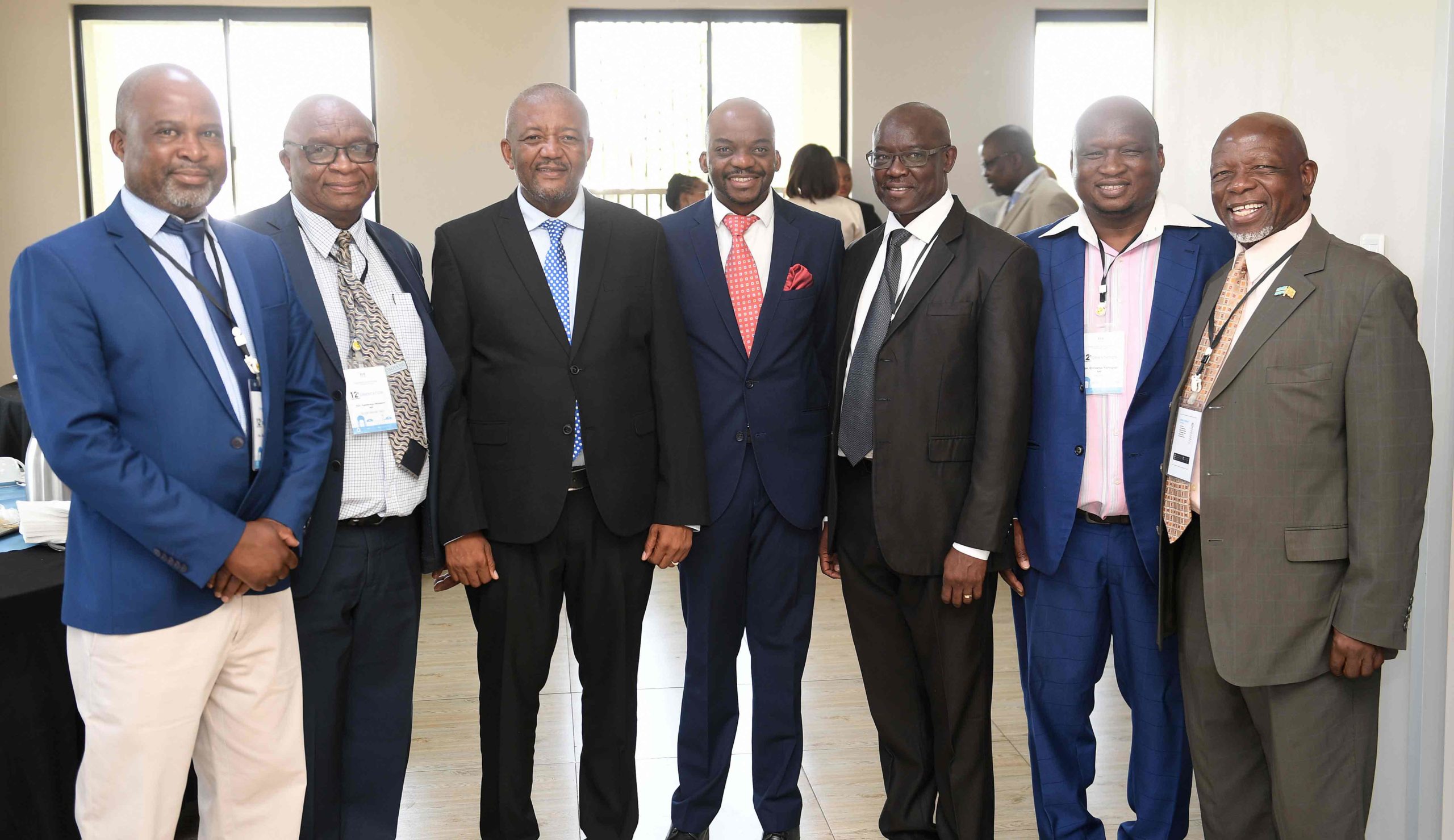Views From The 12th House
Hon Dithapelo Keorapetse
As with other legislatures, Botswana Parliament has committees established by the Standing Orders. The twelfth-Parliament has constituted Committees and it is important to know how this was done and how Committees are structured and the implications of these structures. Parliamentary Committees fall or stand on their structures, the competence of their chairpersons, the balance of power between the ruling party and the opposition and the quality of Members as well as availability of human and material resources.
In addition to parley Committees, there are Inter-Parliamentary Committees to uphold niceties of parliamentary diplomacy. Committees such as the Inter-Parliamentary Union, Pan African Parliament, SADC Parliamentary Forum, ACP-EU And Commonwealth Parliamentary Association are examples of inter-parliamentary bodies.
The idea of committees emanates from the very principle of oversight role of the legislature and in particular the need for Parliament to look into certain issues in more details and in smaller groups for greater scrutiny. Committees are supposed to investigate Bills, policies, existing laws, government assurances and all matters that Parliament may be seized with. The main reason is for the results of committees’ investigations to inform the whole House into making an informed decision.
Committees take the form of Standing Committees, which are permanent and meet regularly and Portfolio Committees which more or less shadow ministerial activities to police implementation of public policy or even reform of public policy. The most common Standing Committees are Public Accounts Committee, Statutory Bodies and Finance and Estimates. These are known because of the nature of their work; they are mainly concerned with how the public purse is used.
Committee of Selection, which consists of the Speaker as Chairman, a nominee of the Leader of Government Business, Government Whip, Leader of the Opposition and Opposition Whip, selects MPs into Parliament Committees. The selection follows party caucuses in which they decide where to place their MPs in accordance with their interests, qualifications and capabilities. Other political considerations also play a role here.
The reader would recall that there was a brouhaha after Committees were selected during the eleventh Parliament resulting in a boycott by the opposition. The disagreement was on the number of MPs the ruling party sought to have in each committee, the winner takes all kind of approach. The stalemate was resolved by the need for Botswana MPs to take part in inter-parliamentary bodies. These are very strict on participation of the opposition and women; it was impossible to participate without the opposition. The absence of Botswana would also irk the international community. That’s the reason why there was some kind of a compromise.
The issue discussed above from the previous House surfaced when Committees were selected. The Standing orders provides that the balance of parties in the Assembly must be reflected in the Committees. The problem with this clause is that while Parliament is executive dominated, ministers and their deputies can’t participate in Committees and therefore the opposition outnumbers the ruling party backbench. The big question is whether it’s justifiable for the ruling party to dominate parliamentary Committees with a lesser number of MPs eligible to participate?
Out of twenty-five Committees, ruling party MPs make the majority and chairs more. The Standing Orders provision makes it hard to challenge this arrangement. However, there are a few Committees in which there is a balance, for instance the PAC has five from each side, Statutory Bodies has four from each side and the same applies to Government Assurances and Subsidiary Legislation among others.
However, majority of the Committees are chaired by the opposition, such as Committee of Selection, Business Advisory etc. How did this happen? The opposition was more alert, it attended the one-agenda item meetings to elect chairs and were for the most part in attendance and punctual and even where the ruling party had caucused to elect their chair, they were denied by their late-coming or truancy. In some instances, ruling party MPs appeared less hostile to elect the opposition in a give-and-take kind of situation.
Whilst in the twelfth-Parliament Committees are dominated by the ruling party, it is far much better than the previous Assembly. More chairpersons are opposition MPs. Chairpersons will have to work with the Clerk and the Speaker to make their Committees more effective. They must speak out to get more resources especially staff. Currently, a committee clerk can serve six or seven Committees.
Some vocal and experienced ruling party MPs were deliberately sidelined from key Committees such as PAC, Statutory Bodies and Finance and Estimates. As a result, these Committees are dominated by less experienced MPs. It may mean that their effectiveness may be affected. However, opposition MPs are expected to breathe life into these Committees. Even some of the new ruling party MPs may speak out as they have already started in the House. But without adequate resources, expertise and incentives, only a few Committees will be active and these are the aforementioned standing Committees.

